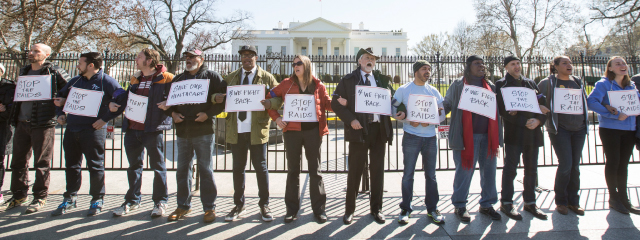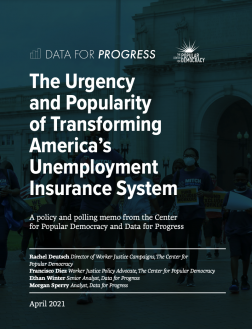The Urgency and Popularity of Transforming America’s Unemployment Insurance System
The Unemployment Insurance (UI) system is a cornerstone of our economic infrastructure, supporting working people between jobs while smoothing economic crises. Yet the underfunded, underregulated hybrid federal-state UI system does not serve workers well, and therefore doesn’t stabilize the economy during recessions. Benefits are too low for workers and their families to survive, and are distributed via 53 neglected unemployment agencies, delaying or denying lifesaving payments to millions of people. A small fraction of unemployed workers receive UI benefits, and they are disproportionately educated white professionals or managers. With no federal floor for benefit generosity or eligibility, states are free to pay measly benefits and to exclude workers in low-wage, temporary, or part-time jobs, who are more likely to be people of color.
The UI system’s glaring flaws were clear after the last recession, but Congress failed to address its inequitable policy design and chronic underfunding. In March 2020, a program supposedly designed to respond to economic downturns was so obviously inadequate that Congress interceded with massive, temporary new UI programs, which successfully blunted the effects of the economic crisis. But as the past year has proven, our permanent UI programs cannot reach enough people, timely pay benefits, or keep families afloat. Even with the salve of pandemic aid, we have paid a staggering price, in human and macroeconomic terms, for policymakers’ refusal to act on the lessons of past recessions. Download the memo to learn more.













